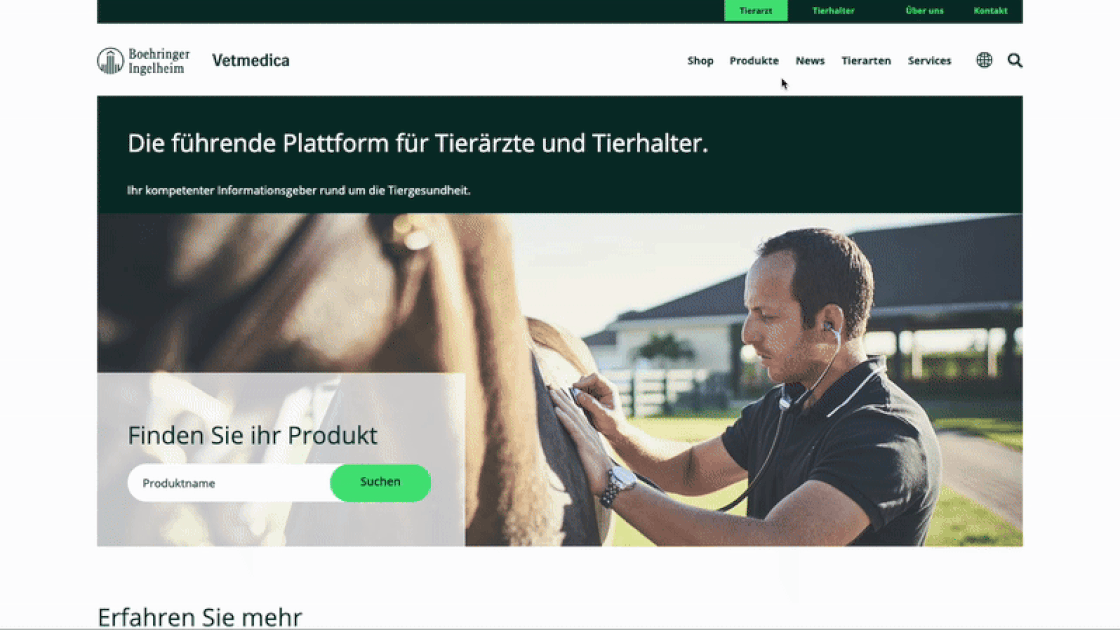This article was written by:
When it comes to B2B e-commerce, customers today expect the same user-friendliness as they do when shopping online for personal items – but with additional requirements. Typical examples include customer-specific prices, minimum purchase quantities, individual discounts, repeat and bulk orders, purchase on account, customer-specific catalogs, and integration with systems such as enterprise resource planning (ERP) or customer relationship management (CRM).
A shop system digitally maps all these processes. But not every system is suitable for every company. It is worth taking a close look: Which platform best supports your own processes? We took a closer look at three different e-commerce platforms.
The Canadian company Shopify offers e-commerce systems that take care of all background operations: hosting, updates, and security run automatically. This significantly reduces the technical effort required. The extended version, Shopify Plus, offers features that are particularly important for B2B commerce: company accounts with multiple users and locations, customer-specific price lists, volume discounts, and payment terms (e.g., 30-day invoices).
Tony's Chocolonely is a prime example. The Dutch brand sells its chocolate in three ways:
With Shopify Plus, Tony's was able to consolidate all these channels into one platform. The company benefits from customer-specific pricing, stable handling even with high order volumes, and additional features such as “Pay by Invoice” for business customers. At the same time, the brand experience and personalization in the online store (e.g., designing your own chocolate packaging) are retained. This example shows how Shopify Plus can create a unified basis for different B2B and D2C models – allowing companies to focus on sales, marketing, and customer experience instead of investing time in IT and maintenance issues.
.gif)
Companies that want to quickly establish digital B2B sales channels, whose processes are currently still manageable, but which already sell across various channels – e.g., wholesale, direct sales, and resellers. Shopify Plus can serve as a unified platform that provides initial B2B functionality, offers room for growth, and at the same time relieves internal resources from IT issues.
Shopware was developed in Germany and has a modular structure. It offers typical B2B functions such as role and rights management for customer teams, quick orders, and approval processes. Rule and flow builders allow processes to be controlled flexibly without the need for a developer every time.
AIR-WOLF GmbH, a supplier of washroom equipment with over 2,600 products, has relaunched its online store with Shopware 6. The goal was to build a scalable platform that could handle complex B2B requirements – from product advisors to connecting to the ERP system.
The guided shopping feature was especially important: an interactive product advisor that guides customers to the right products. In addition, the ERP system was directly connected so that inventory and product data are automatically synchronized. This saves resources and ensures that customers always receive up-to-date information.
The result: increasing user numbers, an improved customer experience, and a platform that can grow with the company's requirements. This shows how Shopware can be particularly interesting for medium-sized B2B companies that value flexible processes and modern user guidance.
.gif)
Shopware is suitable for companies that want to grow and whose B2B processes are becoming more individualized – for example, because they serve different customer groups with different requirements. The platform enables flexible rules and workflows and can be seamlessly connected to existing systems via integrations. A key advantage over Shopify is that Shopware is not only available as a SaaS solution (hosted), but also as a self-hosted version. In addition, the free open-source community edition under the MIT license provides a fully-fledged core that offers maximum ownership, control, and flexibility for customization and in-house development.
Adobe Commerce (formerly Magento) is the most comprehensive solution in the comparison. Many features that B2B companies need are already integrated: customer-specific catalogs and prices, quotation and approval processes, shopping cart templates, and company accounts with multiple users and roles.
The pharmaceutical company Boehringer Ingelheim relies on Adobe Commerce in the area of animal health to efficiently operate a global B2B business. The challenge: different customer segments (veterinarians for small animals vs. veterinarians for farm animals) and widely varying regulatory requirements in each country.
With Adobe Commerce, the company was able to build a central platform that provides a separate, customized front end for each country and target group – without changing the stable back end. Customers only see the products that are relevant and permitted for them and can order them directly in self-service.

Adobe Commerce is suitable for companies with an international focus and complex requirements – such as different markets, regulatory requirements, and complex product catalogs. The platform is particularly relevant when digital self-service plays a central role in B2B in order to serve customer segments efficiently and in a personalized manner. Its strengths also lie in its deep integration with existing systems and its ability to implement complex customizations.
Of course, there are many other shop systems that could be listed. But before you decide on an online shop, the following questions may be helpful:
Contact us now for a comprehensive consultation. Uhura Digital will analyze your requirements, identify specific e-commerce options and support you as you get started or take the next step in digital B2B sales. Just give us a call.





